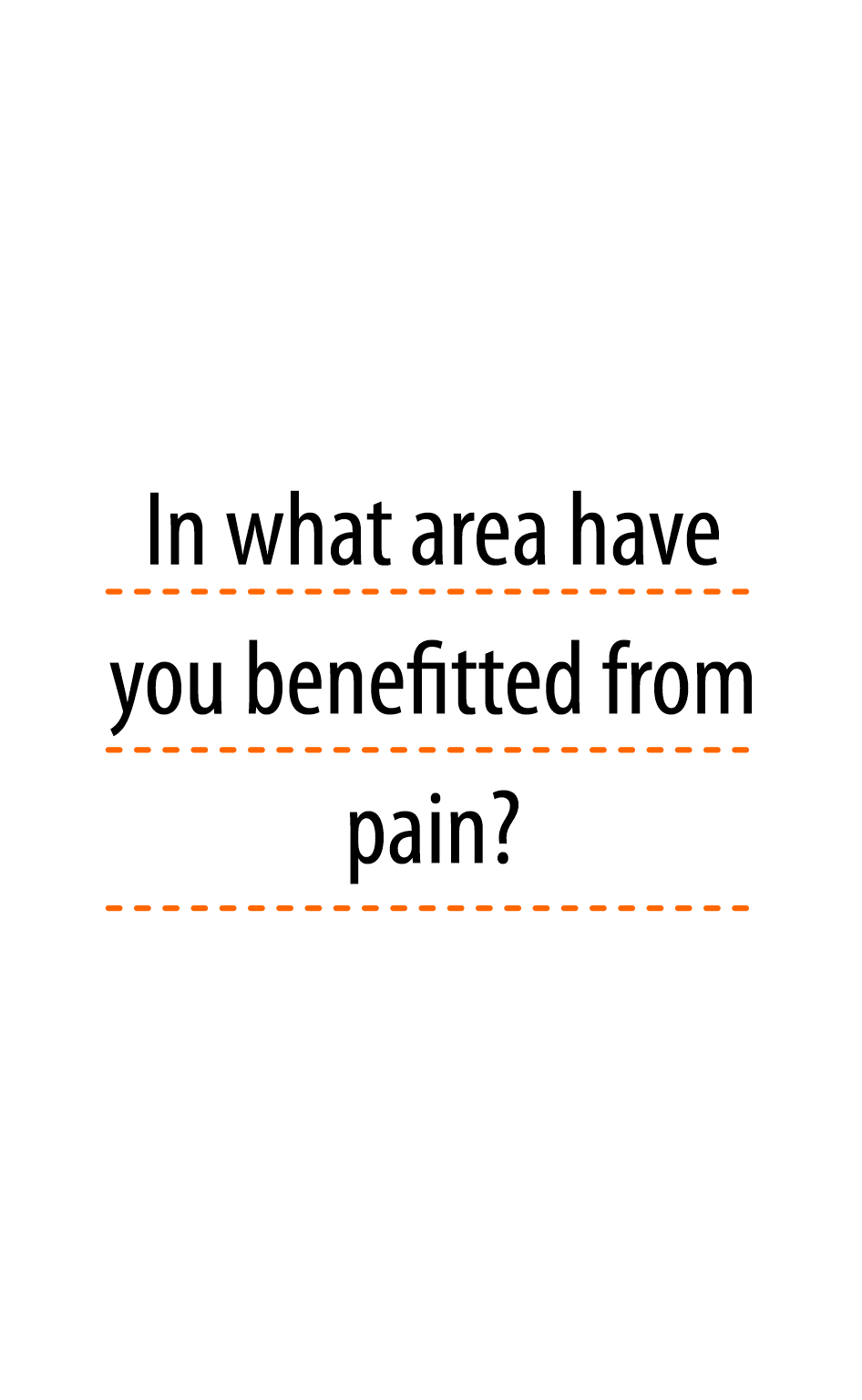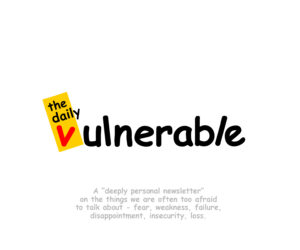“Many times activists, lawyers, volunteers, health care workers and others are actually out there, busy doing God’s work, while the church is busy fighting useless battles that have nothing to do with God.” — Chude Jideonwo, April 22 2019
The church in Nigeria is at a cross-point, dealing with its response, as always, to what matters to a new generation, breathed into and of by God (Philippians 2:13). New media technologies, emerging platforms & stories about faith, identity, equality, nation building and governance provide the church opportunities to transform lives, and to provide both spiritual and strategic leadership.
This is nothing new, despite the hysteria that change, for peoples un-moored from history, often brings. “The Christian Church throughout its history (has always taken on) different forms and adopted different strategies as it interacted with changing cultures and technologies,” the scholar of religion, Kenneth Bedell reminded us about a decade ago .
As humanity evolves and gets accustomed to new tools for engagement, it has become common for each generation to question the relevance of the God they serve or are being called to serve, against the background of the culture. The old question of how religion will answer the new questions a new people have, using tools, stories and media relevant to that generation, is ever alive and calling for attention. New technologies, platforms and stories provide the Church with opportunities to transform lives.
Is God here with us, with a better, more inspiring vision for our future than we could ever imagine? Or, is God behind, back there, in the past, endlessly trying to get us to return to how it used to be?
Does God use the tools of each generation to communicate with that generation, or does God stick to what God believes has worked, even if the method doesn’t appeal to a new audience? Is God with us, today, or is God apart from us, in God’s own sacred space, separate?
The problem of course is not God. It has never been. The whole point of God’s appearance on the earth as Jesus, was to make that point once for all:
- “The virgin will conceive and give birth to a son, and they will call him Immanuel” (which means “God with us”). Matthew 1:23
- “The Lord your God is in your midst, a mighty one who will save; he will rejoice over you with gladness; he will quiet you by his love; he will exult over you with loud singing.” Zephaniah 3:17
The problem has always been with God’s priests – the human mediators that God has to use to remind each generation of God’s unchanging, unending, unbending love.
“For we have not an high priest which cannot be touched with the feeling of our infirmities;” Hebrews 4:15
Can we gladly say the same of the priests in the church and religious institutions? Anytime the church fails in taking the opportunity to deeply connect, God doesn’t, and each time that God has found the traditions and institutions of the church to become obstacles to the move of God, God has found other vessels to make his change felt.
“Churches and religious communities and organizations can claim to speak for God, while at the same time actually being behind the movement of God that is continuing forward in the culture around them . . . without their participation.” — Rob Bell.
It happened with slavery in the United Kingdom. It happened with racism in the United States. It happened with faith versus works in Germany. It happened with women speaking in church across It happened with the democratizing effect of the Pentecostal movement in Africa. It will continue to happen.
Speaking of today’s church in the West, author and pastor Bob Roberts Jr is direct: “the church has been stripped of its power and influence in the West today, not because it has lost its wealth and position in society – it hasn’t – but because the church has lost its credibility. On the whole, we can hardly change ourselves, much less the world. We cannot consistently live the message we herald to the world, but never have we been more effective at religious marketing of products that help us appear as if we are living it.
As a result, the growing perception is that the church is religious but not spiritual. It has style but not substance.” Anyone who has been paying close attention to the church in Nigeria knows that the institution faces and has faced its own deep questions and reputation crises in the past decade. The ferocious debate over tithes was only the latest installment.
The drama played out fully on new media, of course, emphasizing its primacy as the tool that a new generation and a new sensibility is employing to interrogate the church. But new media is asking the same fundamental question (and tithing was just a symptom) that every generation has to answer: What kind of Priest are you? Here or there? Engaged or withdrawn? Real or illusory?
The famous Martin Luther King Jr’s letter from Birmingham Jail in August 1963, for instance, confronted the church with this same question. It’s hard to imagine it now, but it was true: the institutional church believed that the MLK fight was the wrong fight. They elected to maintain the status quo, to uphold tradition, to stay with what was familiar… in the name of God.
I must honestly reiterate that I have been disappointed with the church. I do not say this as one of those negative critics who can always find something wrong with the church. I say this as a minister of the gospel, who loves the church; who was nurtured in its bosom; who has been sustained by its spiritual blessings and who will remain true to it as long as the cord of life shall lengthen. In spite of my shattered dreams, I came to Birmingham with the hope that the white religious leadership of this community would see the justice of our cause and, with deep moral concern, would serve as the channel through which our just grievances could reach the power structure. I had hoped that each of you would understand. But again I have been disappointed.
I have traveled the length and breadth of Alabama, Mississippi and all the other southern states. On sweltering summer days and crisp autumn mornings I have looked at the South’s beautiful churches with their lofty spires pointing heavenward. I have beheld the impressive outlines of her massive religious education buildings.
Over and over I have found myself asking: “What kind of people worship here? Who is their God? Where were their voices when the lips of Governor Barnett dripped with words of interposition and nullification? Where were they when Governor Wallace gave a clarion call for defiance and hatred? Where were their voices of support when bruised and weary Negro men and women decided to rise from the dark dungeons of complacency to the bright hills of creative protest?” Yes, these questions are still in my mind. In deep disappointment I have wept over the laxity of the church. But be assured that my tears have been tears of love.
There can be no deep disappointment where there is no deep love. Yes, I love the church. How could I do otherwise? I am in the rather unique position of being the son, the grandson and the great grandson of preachers. Yes, I see the church as the body of Christ. But, oh! How we have blemished and scarred that body through social neglect and through fear of being nonconformists. — Martin Luther King Jr
The church becomes the very best version of its self when it follows the traditions of Paul (that great defier of the old and aggressive enabler of the new) and of the man whose name it bears, Jesus. When we are closer to the today than to the yesterday, to the move of God in his people today, to being the answers to the questions God’s people ask today. To being closer to people than power, to being vessels of courage and compassion, to being found sooner on the streets than in the hallowed chambers of aloofness. To actually be like Jesus.
Over our history, we have had those like this: St. Francis of Assissi, and there was the original Martin Luther, and there was Dorothy Day, and there was Pierre Teilhard de Chardin, and there was Dietrich Bonhoeffer, and the glorious revolutionary William Wilberforce, whose Church of England parents were so frightened by his non-conformist religious thinking at the age of 12, they withdrew him from school. But they couldn’t stop the move of God in the man.
In his later years, he returned to his evangelical leanings and gained the impetus that drove his dogged fight against slavery’s ills. When God has enabled change in the world, the church has often withdrawn in fear and panic, and tribalism. We cannot forget that when the rapid spread of television decades ago was influencing how people interacted with information, a sect within the church – at a point – regarded this as the devil’s black box, preaching against the possession and viewing of television. Others embraced the change as a tool to reach more people with the gospel.
God is always in the business of helping humans do better; meeting people where they are, all through history, leveraging on the issues, stories and technologies relevant to their generation. God has always been pulling humanity forward and calling us to a place of greater wholeness, well-being and peace. “What we see in these passages is God meeting people, tribes, and cultures right where they are and drawing and inviting and calling them forward, into greater and greater shalom and respect and rights and peace and dignity and equality.
It’s as if human history were progressing along a trajectory, an arc, a continuum; and sacred history is the capturing and recording of those moments when people became aware that they were being called and drawn and pulled forward by the divine force and power and energy that gives life to everything.” — Rob Bell If the Church does not re-align with the work God is doing via media and technology, to bring the Kingdom of God unto an earth weighed down and reined in by culture, power, resistance, tradition, fear and unbelief – God will still move humanity forward without waiting for the approval of or participation from the Church.
“We will have to repent in this generation”, Martin Luther King Jr. writes in that famous letter. “Not merely for the vitriolic words and actions of the bad people but for the appalling silence of good people. We must come to see that human progress never rolls in on wheels of inevitability. It comes through the tireless efforts and persistent work of men willing to be co-workers with God, and without this hard work time itself becomes an ally of the forces of social stagnation.”
“For all that has been lost in the church today, there is hope,” Bob Roberts helpfully adds, “there has never been a greater opportunity to see the transformation of people, society and the world, but it will mean a radical redefinition of following Christ and impacting the world.”
New media, just like old media, presents us the same opportunity – to make this impact, and to mediate this always-needed transformation. Church, your move.
The report was first published in 2019 and co-written with Chude Jideonwo. See full report here

